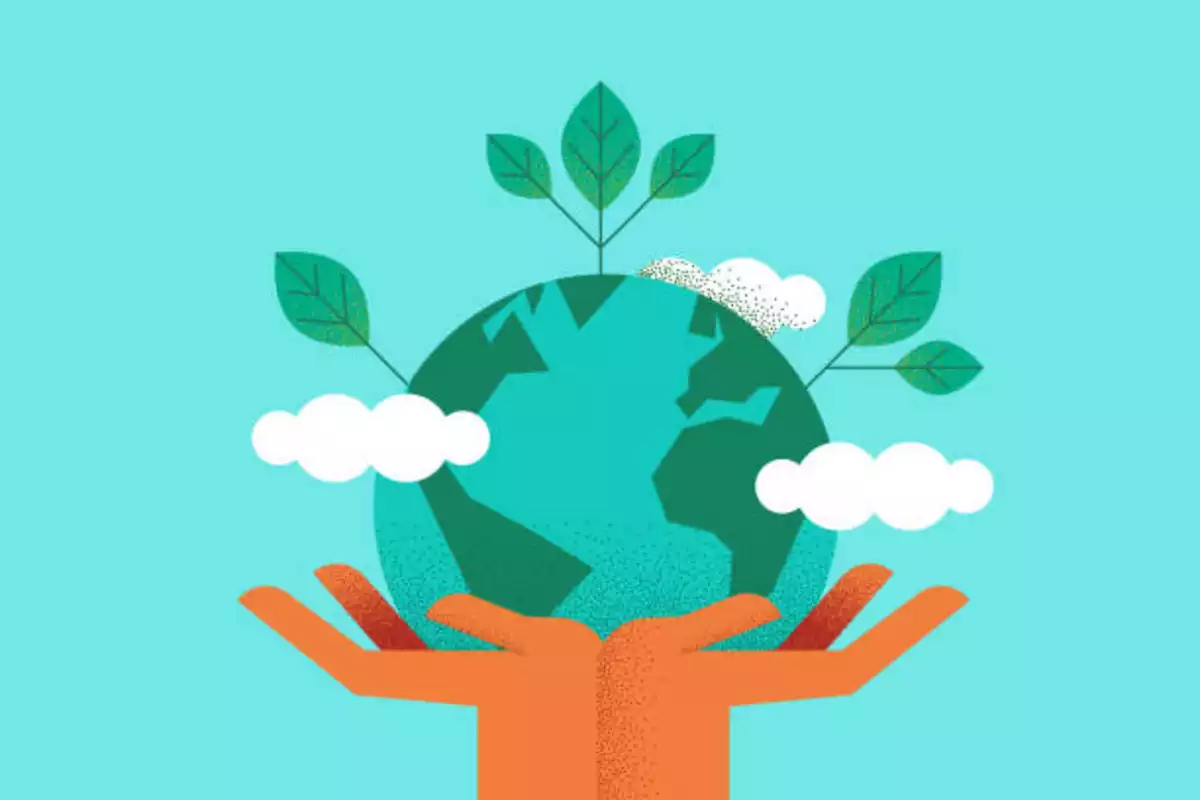
Photo: iStock
Kyrgyzstan has launched RESILAND CA+, a large-scale environmental initiative aimed at protecting nature and preventing natural disasters.
Funded by the World Bank, the project will help mitigate mudflows, restore degraded lands, and strengthen regional cooperation on sustainable landscape management, The Caspian Post reports, citing Kyrgyz media.
RESILAND CA+ project service said that Kyrgyzstan is home to unique natural ecosystems, but they are under serious threat. Forests are vanishing, soil is eroding, and glaciers are melting at alarming rates. In the past 12 years, the country has experienced more than 900 mudflows, endangering the lives and livelihoods of thousands of families.
RESILAND CA+ is designed to address these issues and ensure environmental safety for future generations, the report said.
The project will run from 2024 to 2029 with the following international funding:
Key Objectives of the project is:
• Introduce modern systems to monitor mudflows, glaciers, and snow cover
• Safeguard populations, floodplains, livelihoods (agricultural lands, crops, orchards), and infrastructure from mudflows using “gray” solutions
• Promote effective and sustainable monitoring practices
• Expand areas under sustainable land management through reforestation efforts involving local communities
• Shift from disaster response to prevention by applying climate-resilient green, gray, and bioengineering solutions (Nature-Based Solutions - NBS)
• Support Kyrgyzstan’s efforts within the Five-Year Action Plan for Mountain Development
• Strengthen regional cooperation among Central Asian countries in combating climate change
• Reforest degraded lands and combat soil erosion
• Promote the “One Village - One Product” (OVOP) program to support livelihoods in vulnerable communities
• Foster regional collaboration in disaster risk reduction
The program will cover the Osh, Jalal-Abad, Naryn, and Issyk-Kul regions, with special attention to the Kara-Darya River Basin, where the risk of mudflows is particularly high. Implementing protective measures will reduce threats for both Kyrgyzstan and downstream countries.
The project was initiated following strategic negotiations between Kyrgyz Minister of Emergency Situations Boobek Azhikeev and World Bank representatives.
“Together with my team, we set out to move beyond reacting to disasters and instead focus on long-term prevention. This project reflects our strong commitment and a true partnership approach,” said Minister Azhikeev.
He also highlighted the role of the Ministry of Emergency Situations, the support of World Bank Country Manager Hugh Riddell, and the leadership of Regional Director Tatiana Proskuryakova. Notably, the former World Bank Country Manager in Kyrgyzstan (2020-2024), Naveed Hassan Naqvi, also played a key role in bringing the project to life.
The project will also prioritize glacier protection, water balance, and improved water resource management. Kyrgyzstan advocates for “soft impact” climate policy, promoting reforestation, greening initiatives, and responsible water use. Protective infrastructure will be strengthened to redirect mudflows into safe channels - minimizing harm both within the country and downstream. Ensuring access to clean water and its fair distribution is a central goal.
Share on social media